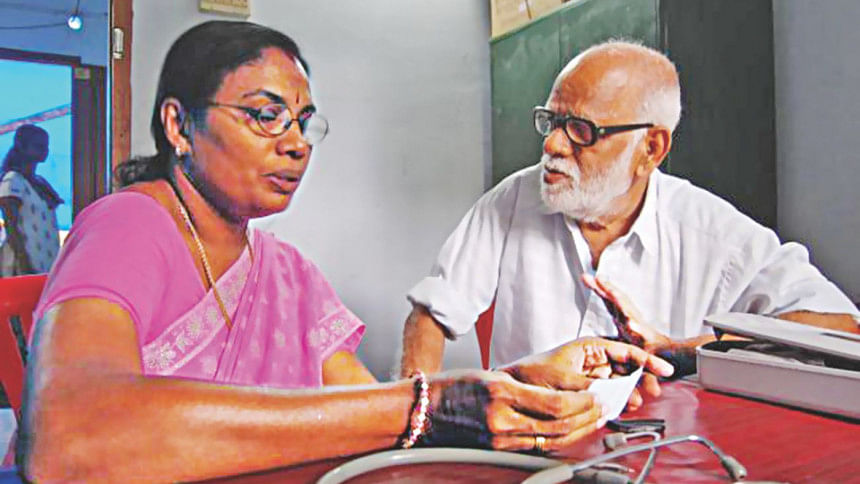What ageing ailments are all about?

Ageing is the process of becoming older. In humans, ageing represents the accumulation of changes in a human being over time, encompassing physical, psychological, and social change. Ageing is among the greatest known risk factors for most human diseases: of the roughly 150,000 people who die each day across the globe, about two thirds die from age-related causes.
As we age, heart rate becomes slightly slower. Blood vessels and arteries become stiffer causing heart to work harder to pump blood through them. This can lead to high blood pressure and other cardiovascular problems. To keep the heart healthy include physical activity in daily routine. Regular physical activity can help to maintain a healthy weight, lower blood pressure and lessen the extent of arterial stiffening. Eat a healthy diet, quit smoking and manage stress by meditation and sleeping adequately.
With age bones tend to shrink in size and density which weakens them and makes them more susceptible to fracture. Muscles generally lose strength and flexibility, and you might have trouble balancing. To promote bone, joint and muscle health get adequate calcium. Dietary sources of calcium include dairy products, almonds, broccoli and soy products such as tofu. Get adequate amounts of vitamin D. Other than sunlight, sources of vitamin D include oily fish, egg yolk, fortified milk and vitamin D supplement. Walking, jogging and climbing stairs can help you build strong bones and slow bone loss.
Constipation is more common in older adults. To prevent constipation make sure your diet includes high fibre foods like fruits, vegetables and whole grains. Limit meat that is high in fat, dairy products and sweets. Drink plenty of water and other fluids. Holding in a bowel movement for too long can cause constipation. Regular physical activity can help prevent constipation.
Loss of bladder control or urinary incontinence is common with ageing. Certain medical conditions like diabetes, menopause for women and an enlarged prostate for men might contribute to incontinence. Consider urinating on a regular schedule, such as every hour. Slowly extend the amount of time between your toilet trips. Do Kegel exercises. Avoid bladder irritants like acidic foods, tea, coffee, alcohol and carbonated beverages which can make incontinence worse.
Memory might naturally become less efficient with age. It might take longer to learn new things or remember familiar words or names. Mentally stimulating activities help keep your brain in shape and might keep memory loss at bay. Social interaction helps ward off depression and stress, which can help prevent memory loss.
With age, you might have difficulty focusing on objects that are close up. You might become more sensitive to glare and have trouble adapting to different levels of light. Ageing also can cause clouded vision or cataracts. You might face difficulty hearing high frequencies or following a conversation in a crowded room. Wear sunglasses when you are outdoors and use earplugs when you are around loud noises.
Your gums might pull back from your teeth. Certain medications that treat allergies, asthma, high blood pressure and high cholesterol can also cause dry mouth. As a result, teeth and gums might become vulnerable to decay and infection. To promote oral health, brush your teeth twice a day and clean between your teeth using regular dental floss or an interdental cleaner at least once daily.
Remember, it is never too late to adopt a healthy lifestyle. You cannot stop the ageing process, but you might be able to minimise its impact by making healthy choices.
The writer is a physician, public health specialist and a gerontologist. E-mail: [email protected]

 For all latest news, follow The Daily Star's Google News channel.
For all latest news, follow The Daily Star's Google News channel. 



Comments